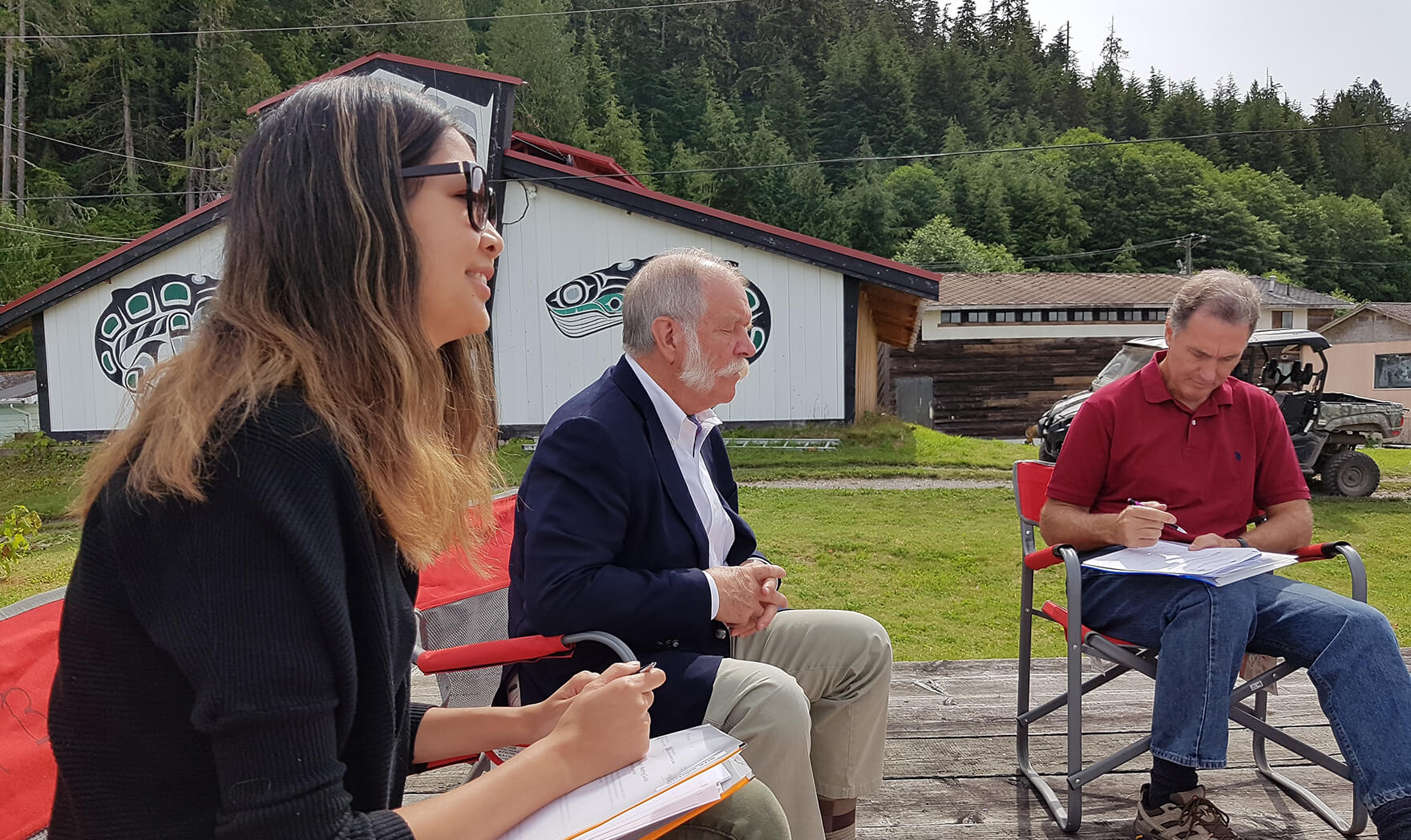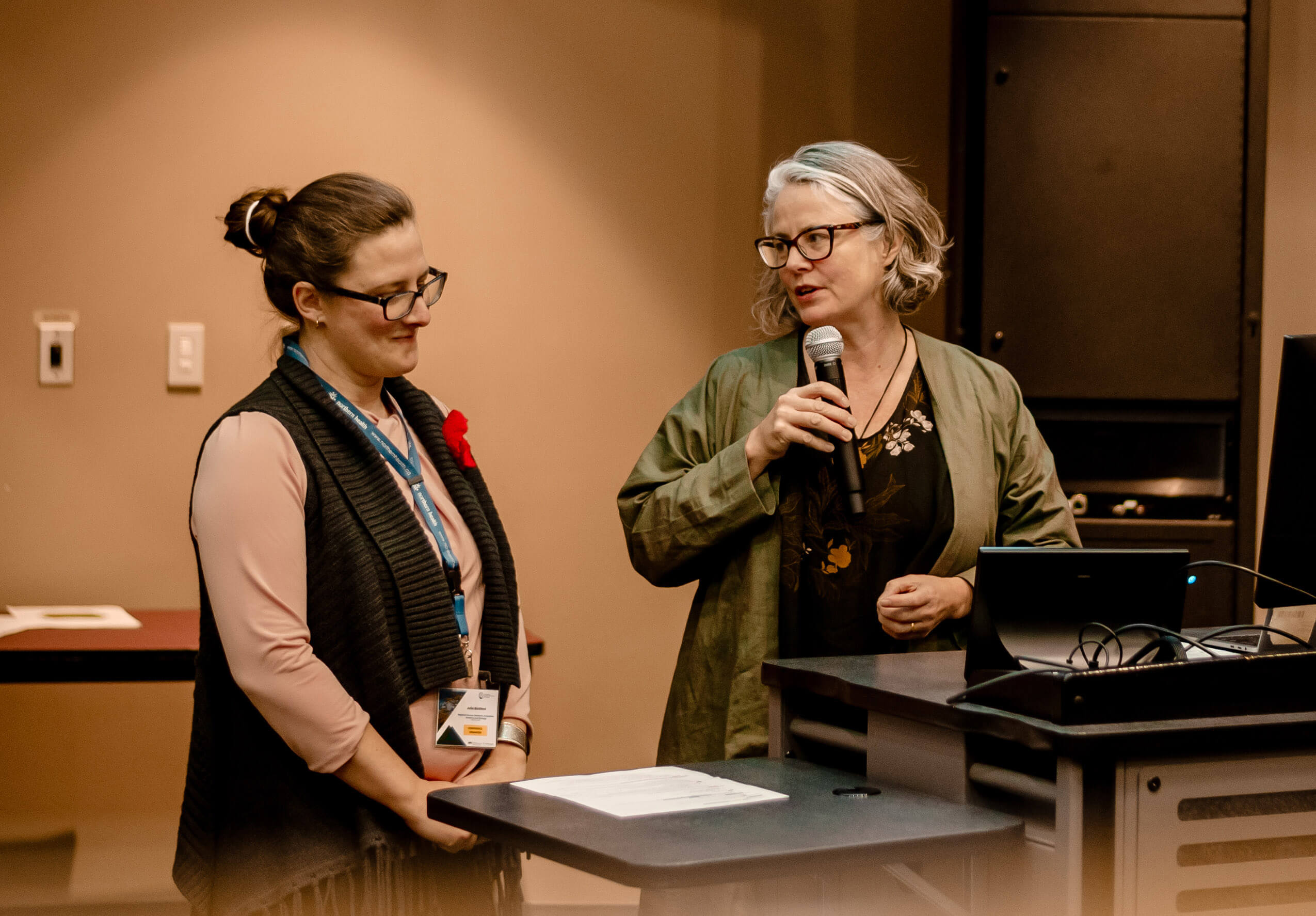The rural Personal Health Record (rPHR) project engages with rural community members, including patients and their families, healthcare providers, and health system partners to advocate for an open, standards-based, community-driven rPHR. This will help ensure that rural patients and communities are better positioned to participate in their own healthcare stories.
Explore Partnership Opportunities & Find Out More!
What is a rural Personal Health Record?
An rPHR is a holistic and integrated electronic health system that allows people and those who support them to access and manage their information so they can better manage their health and wellness. Having an rPHR that links patients’ health information is key to improving quality care in British Columbia—even if a person moves, changes providers or travels to a different jurisdiction.
Why advocate for a rural Personal Health Record?
People access services from multiple providers and their health information is not always shared across services. This is especially true for rural patients who often access healthcare services virtually or in other communities. A robust rPHR will allow people to access and manage their own medical information.
Benefits of an rPHR for rural people
An rPHR could enable people to:
- better manage and take greater interest in managing their health
- become better positioned to access care, understand risks, interact with their health providers, improve their health literacy
- grant access to their information to family members, caregivers and providers
- facilitate partnerships and create a team-based care plan
- have their information travel with them to prevent errors and gaps when information may not seamlessly flow between different providers and health authorities
Meet Our Patient Partners
The rPHR initiative is guided by the voices of rural residents who bring lived experience, insight, and a deep commitment to shaping a health record that truly serves their communities. Our patient partners provide invaluable perspectives on what rural patients and families need to navigate and participate in their care.
We are grateful for the support and contributions of:
- Peggy Skelton – Gray Creek
- Sue Raymer – Castlegar
- John Grogan – Valemount
- Johanna Trimble – Roberts Creek
- Barbara Bienkowska – Prince George
- Carol Kulesha – Haida Gwaii
Their lived experience and dedication help ensure that the rPHR is patient-centred, community-driven, and designed to improve access to care for rural British Columbians.











